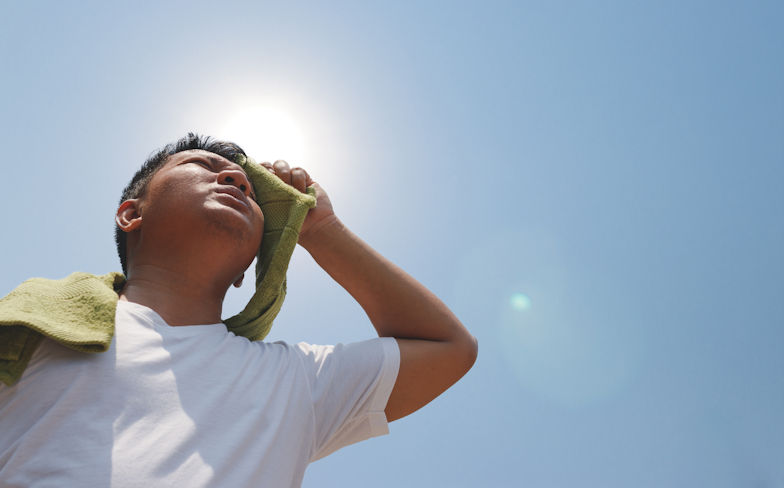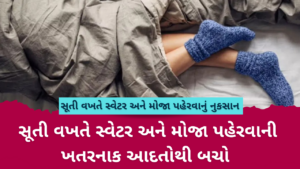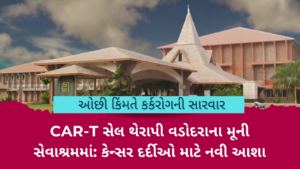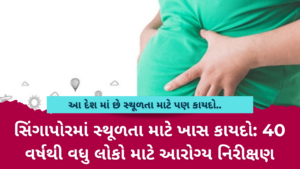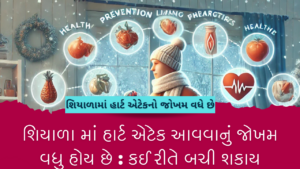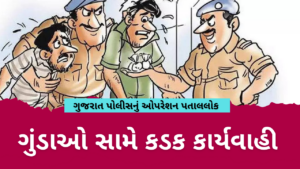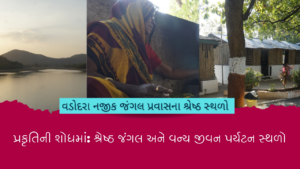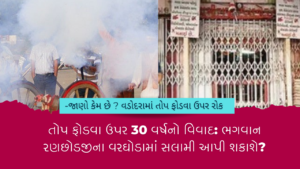As temperatures rise during the summer season, it’s important to take precautions to avoid heat-related illnesses like heatstroke. The district administration of Vadodara, India has issued guidelines on dos and don’ts to help people stay safe during hot weather. These guidelines cover a range of topics, including staying hydrated, dressing appropriately, protecting yourself from the sun, and keeping your home and workplace cool. In this article, we’ll take a closer look at the dos and don’ts recommended by the district administration, along with some additional tips for staying safe and healthy in hot weather.
Here are the guidelines on dos and don’ts to avoid heatstroke due to hot winds:
Dos:
- Stay informed about the daily rise and fall of temperature through radio, TV, newspaper, or mobile app.
- Drink enough water even if you do not feel thirsty. Individuals with certain health conditions should consult a physician before drinking fluids.
- Take ORS solution or home-made drinks like buttermilk, lassi, lemon water, rice porridge, coconut water, etc. to avoid dehydration.
- Wear cotton clothes that are lighter in weight and color. Cover your head with clothes, umbrella, or hat when outside the house.
- Use sunglasses to protect the eyes and sunscreen to protect the skin.
- Take necessary first aid training and pay special attention to children, elderly, sick, and overweight persons who are more likely to be victims of heatstroke.
- Provide cold drinking water, rest facilities, first aid box, and avoid direct sunlight for workers. Insist on doing strenuous work in the cool part of the day.
- Increase the number and frequency of rest periods for outdoor activities and give workers who are not used to working in hot areas lighter and shorter periods of work.
- Paint the walls of the house white, use cross ventilation for air circulation, and thermo full insulation to achieve cost-effective home cooling.
- Use natural materials like lime or mud to paint the wall.
- Use wet clothes or pour water on the head of an infected person. Give fluids like ORS or lemon syrup to keep the body hydrated.
Don’ts:
- Do not go in the sun from 12 noon to 4 pm.
- Avoid strenuous activity when you are out at lunchtime. Do not go out barefoot, do not cook at this time, and keep windows and doors open for air circulation in the kitchen.
- Do not take drinks that reduce the amount of water in the body like wine, tea-coffee, soft drinks.
- Avoid spicy, fried, high-salt foods that are high in protein.
- Do not leave pets or children alone in parked vehicles.
- Avoid using bright light bulbs and turn off computers or other devices when not needed.
- Do not take animals to graze in the afternoon.
Agricultural Vigilance Measures:
- Irrigate stand crops lightly and frequently.
- Increase the amount of irrigation to critical levels of crop growth.
- Maintain soil moisture by mulching.
- Irrigate early morning or evening.
- Irrigate with a sprinkler if your area is exposed to heat waves or gusty winds.
Animal husbandry:
- Keep the animals in the shade and give them plenty of clean and cool water.
- Do not take work from them from 11 am to 4 pm.
- Cover the roof of the shelter with grass to reduce the temperature.
- Paint with dung, mud, or white paint, fan the shelter, sprinkle water, or apply fingers.
- In very hot weather, sprinkle water or move the animal near water sources.
- Provide protein and fat free food and give them food rich in minerals.
- Install curtains and arrange proper ventilation in poultry rearing centers.

